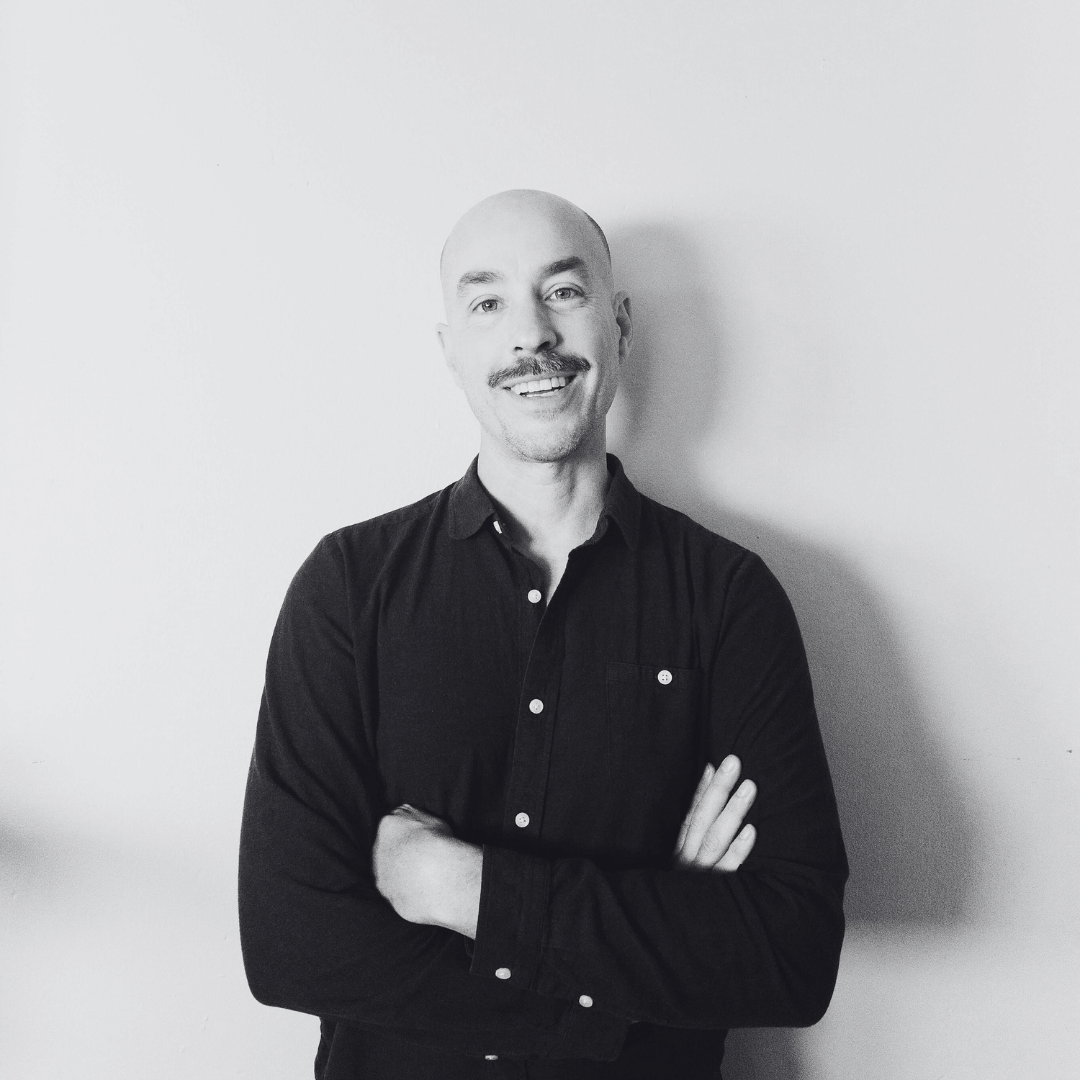The rapturous cinematic power of real cooking in 'The Taste of Things'
The newly released French movie revels in the slow, methodical magic of the kitchen
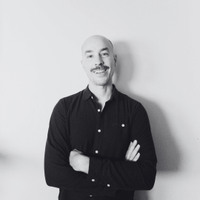
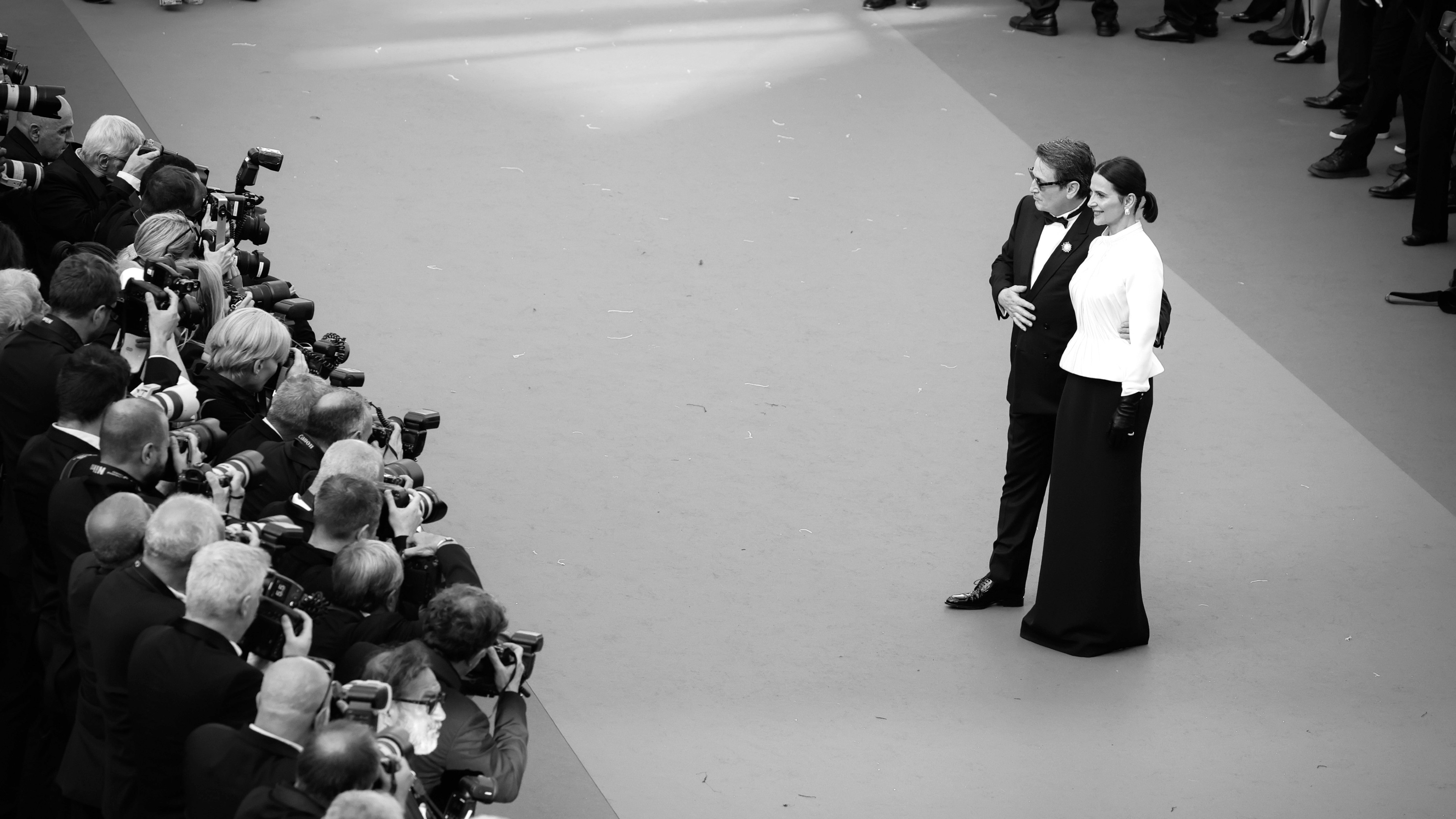
A free daily email with the biggest news stories of the day – and the best features from TheWeek.com
You are now subscribed
Your newsletter sign-up was successful
Cooking takes as long as it takes. An obvious concept but one easily forgotten during today's era of 30-second jump-cut videos on TikTok and Instagram. A long-braised stew can be aped in a quickfire video. Its slow, hours-long descent into deliciousness, however, cannot be enacted in seconds.
It was inevitable then that movies, those longer-form videos born long before the age of social media, would again honor the act of cooking in its spooling, uncompressed protractedness. "The Taste of Things," the 2023 movie from director Tran Anh Hung, won the best director award at Cannes and was recently released in U.S. theaters. How Tran films not only the movie's food but the cooking itself is a pleasurable relief.
Love in the kitchen
The movie takes place in the late 1880s and centers on two protagonists: Dodin (Benoit Magimel), a chef, and Eugenie (Juliette Binoche), his kitchen assistant. They have been cooking for guests for 20 years and are lovers. Dodin has asked her numerous times to marry him; Eugenie demures.
The Week
Escape your echo chamber. Get the facts behind the news, plus analysis from multiple perspectives.

Sign up for The Week's Free Newsletters
From our morning news briefing to a weekly Good News Newsletter, get the best of The Week delivered directly to your inbox.
From our morning news briefing to a weekly Good News Newsletter, get the best of The Week delivered directly to your inbox.
Food, of course, occupies a central position in their lives. It is also their work. And, so, "The Taste of Things" opens with an extended sequence of kitchen action. The actors are actually cooking, not playing at cooking. "The dishes come together like dazzling, sometimes ingeniously surprising set-pieces," said Justin Chang in the Los Angeles Times.
The luxurious pace of the cooking serves the narrative, as Dodin and Eugenie make sense of their intimacy and serve meals to visiting gourmands. That first cooking sequence is one of many, and it is "quite simply, an exquisite meal with which to kick off this exquisite picture," said Bilge Ebiri for Vulture. Tran is able to move into the kitchen and out of it throughout the movie because "he's already established the unique language and rhythms of the picture," added Ebiri. Plot and sensuousness merge, and, because of that, "this elegant, romantic period film — very proper and prestigious and traditional perhaps on its surface — borders on the radical."
Bringing cooking to vivid life
Doing any kind of real-deal cooking proper justice, let alone dishes from two centuries ago, required Tran to bring in the big toques. He hired French chef Pierre Gagnaire who, along with Michel Nave, planned the dishes ahead and set them up for cooking on-set. "When there was a specific thing to do, Michel was saying, 'Yes, no, do it more like this,'" Binoche said in an interview on Eater. "You see me cut the fish at the beginning … You're frightened because you think, 'What if I miss it?'" But [that cut] was actually the first one that is shown in the film."
Binoche explained that if there were any errors in the cooking itself, the filming would have to begin again. That is how crucial the accuracy of the cooking was to the world Tran created. Similarly precise was the way the movie was lit. "The overarching impulse was not to artificially beautify the cuisine," said Ben Kenigsberg in The New York Times. "Tran said the food simply had to look right; he wanted realism in the cooking to serve broader expressive aims."
A free daily email with the biggest news stories of the day – and the best features from TheWeek.com
Yes, movies are artifice. When they capture the honest stride of real life, though, the echo resounds at a different amplitude than on social media. By using natural light to shoot the cooking sequences in "The Taste of Things," Tran strove to create cooking that "felt distinct from the static overhead 'beauty shots' of food on Instagram and in broadcast TV" with their sharp, overhead white light, wrote Simran Hans in Financial Times. Gagnaire, the movie's consulting chef, concurred. "The sound of pastry cracking," he said in the Financial Times, is "the total opposite of Instagram, where it's all shiny but there's no warmth, and no tenderness."
Scott Hocker is an award-winning freelance writer and editor at The Week Digital. He has written food, travel, culture and lifestyle stories for local, national and international publications for more than 20 years. Scott also has more than 15 years of experience creating, implementing and managing content initiatives while working across departments to grow companies. His most recent editorial post was as editor-in-chief of Liquor.com. Previously, he was the editor-in-chief of Tasting Table and a senior editor at San Francisco magazine.
-
 What to know before filing your own taxes for the first time
What to know before filing your own taxes for the first timethe explainer Tackle this financial milestone with confidence
-
 The biggest box office flops of the 21st century
The biggest box office flops of the 21st centuryin depth Unnecessary remakes and turgid, expensive CGI-fests highlight this list of these most notorious box-office losers
-
 What are the best investments for beginners?
What are the best investments for beginners?The Explainer Stocks and ETFs and bonds, oh my
-
 The biggest box office flops of the 21st century
The biggest box office flops of the 21st centuryin depth Unnecessary remakes and turgid, expensive CGI-fests highlight this list of these most notorious box-office losers
-
 The 8 best superhero movies of all time
The 8 best superhero movies of all timethe week recommends A genre that now dominates studio filmmaking once struggled to get anyone to take it seriously
-
 One great cookbook: Joshua McFadden’s ‘Six Seasons of Pasta’
One great cookbook: Joshua McFadden’s ‘Six Seasons of Pasta’the week recommends The pasta you know and love. But ever so much better.
-
 Heated Rivalry, Bridgerton and why sex still sells on TV
Heated Rivalry, Bridgerton and why sex still sells on TVTalking Point Gen Z – often stereotyped as prudish and puritanical – are attracted to authenticity
-
 Film reviews: ‘Send Help’ and ‘Private Life’
Film reviews: ‘Send Help’ and ‘Private Life’Feature An office doormat is stranded alone with her awful boss and a frazzled therapist turns amateur murder investigator
-
 February’s new movies include rehab facilities, 1990s Iraq and maybe an apocalypse
February’s new movies include rehab facilities, 1990s Iraq and maybe an apocalypsethe week recommends Time travelers, multiverse hoppers and an Iraqi parable highlight this month’s offerings during the depths of winter
-
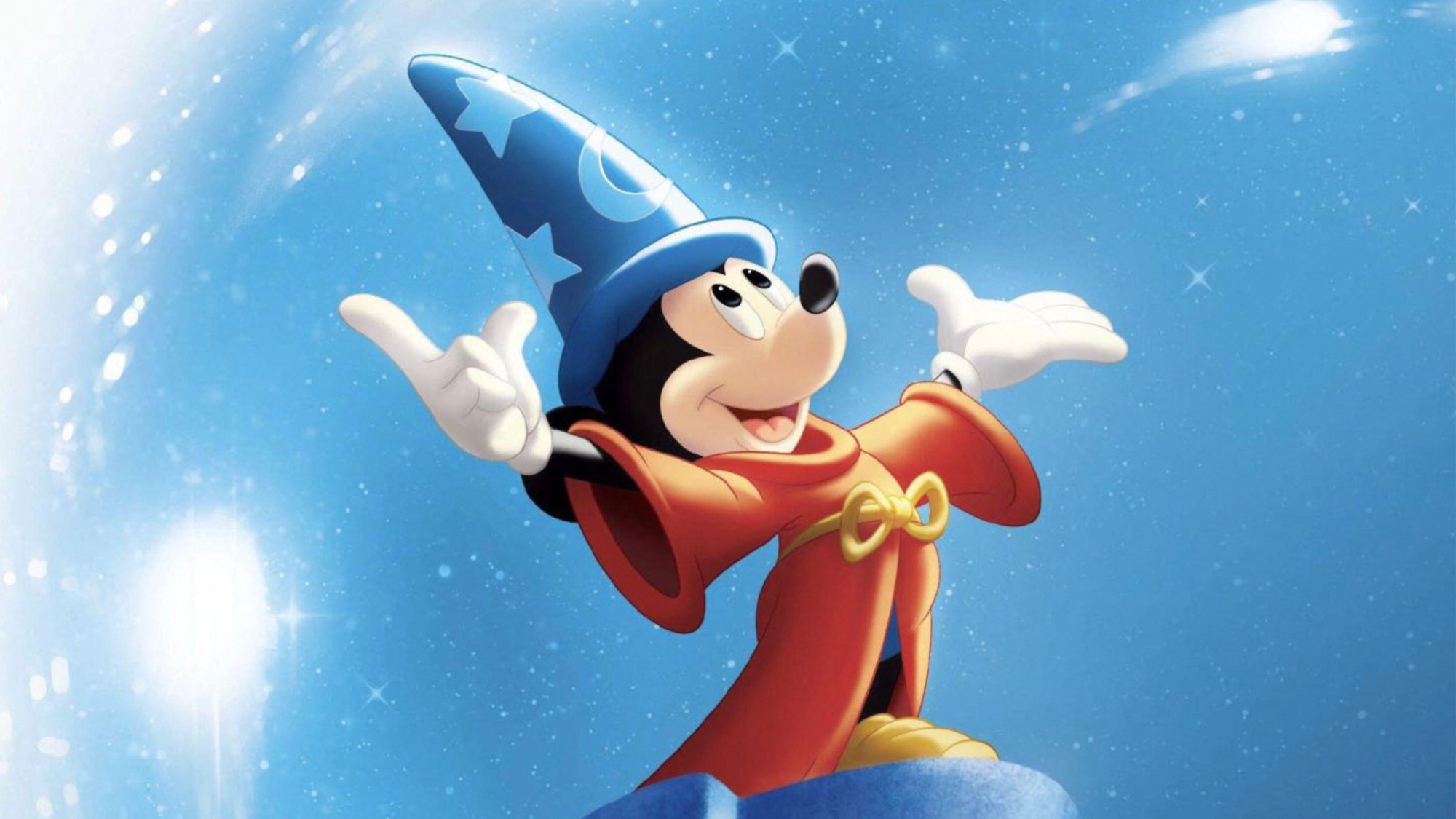 The 8 best animated family movies of all time
The 8 best animated family movies of all timethe week recomends The best kids’ movies can make anything from the apocalypse to alien invasions seem like good, wholesome fun
-
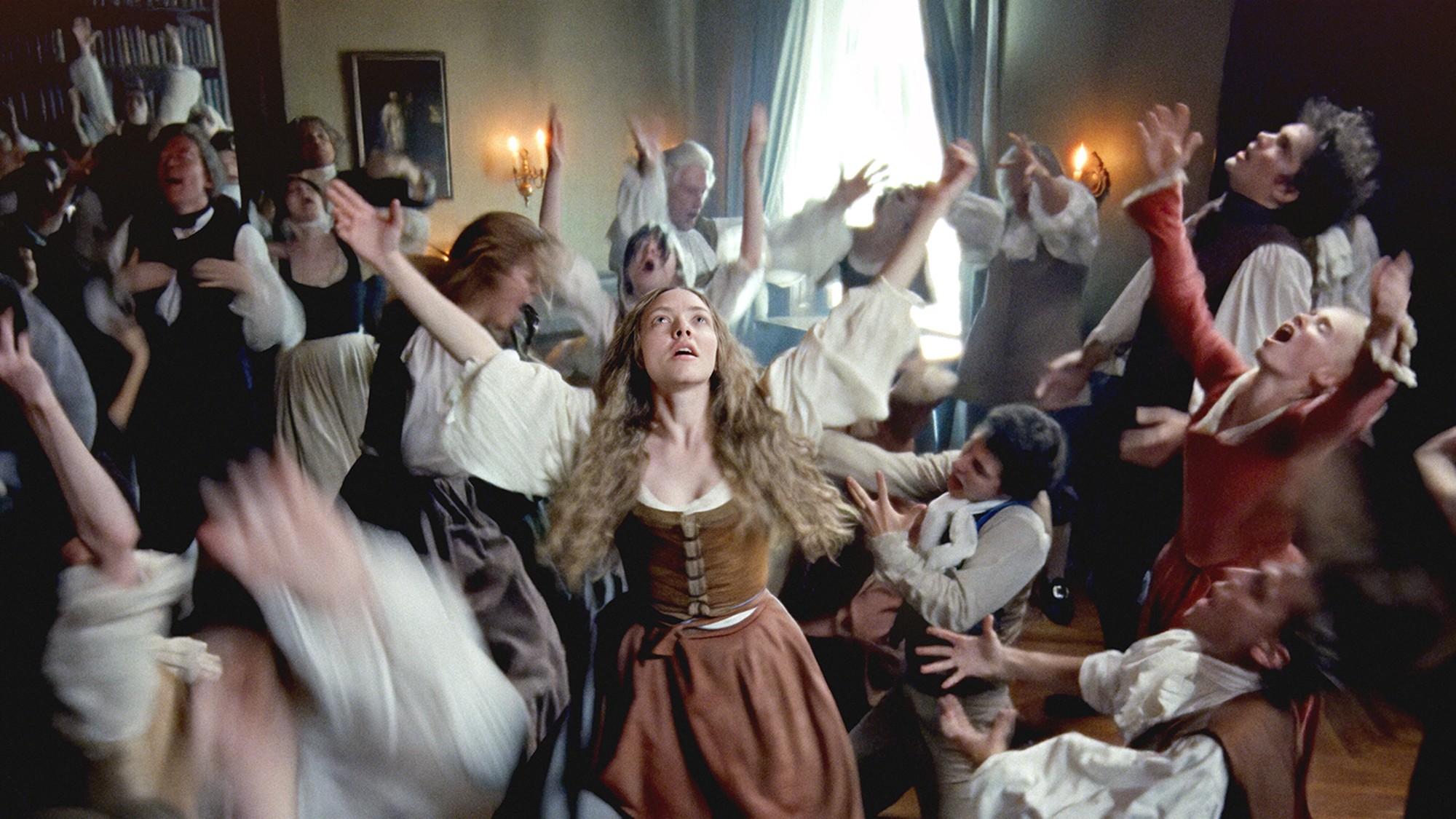 Film reviews: ‘The Testament of Ann Lee,’ ’28 Years Later: The Bone Temple,’ and ‘Young Mothers’
Film reviews: ‘The Testament of Ann Lee,’ ’28 Years Later: The Bone Temple,’ and ‘Young Mothers’Feature A full-immersion portrait of the Shakers’ founder, a zombie virus brings out the best and worst in the human survivors, and pregnancy tests the resolve of four Belgian teenagers
